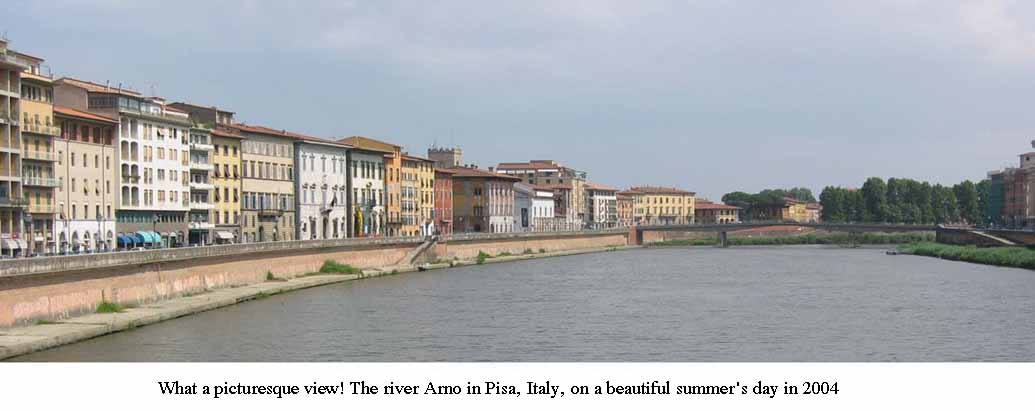Winston and Julia in Orwell's '1984'
Winston and Julia in Orwell’s 1984 –
another version of Romeo and Juliet?
Whereas Shakespeare's play is a love-romance bearing the genuine signs of true love, two lovers mutually and whole-heartedly devoted to each other, Orwell's love pattern is not convincing. Nor is it a poor re-make of it, to externalize this idea in a modern movie technical term. Winston's and Julia's courting relationship ending in death isn't a tragedy, either. The reasons for this are quite obvious.
1) Right from the beginning of Winston's developing feelings for Julia and falling in love
with her, we get to know from the protagonist's inner voice that he just uses (if not
'abuses') her to fight a political system he can't bear any longer. There is even a
passage in which he reveals to us that he would like her even more had she had
more numerous affairs with members from the Inner Party. So where is this touch
of jealousy in him we simply miss? Love in its essence (gist) is unselfish and means
protection, not abuse, seduction, exploitation or some such downright pejorative
values.
2) On the other hand there are admittedly passages in the novel that try to shape out a
certain romanticism, at least on the side of Julia, who dedicatedly seems to believe in
Winston's faithfulness. Yet Winston is just loyal to an idea which makes his
love-relationship subordinate to it. His wooing Julia assumes a mechanical function,
one of love-making (which term I detest because it deprives love of its real,
soul- and psyche-related sense).[1]
3) The lovers' relationship (that is the outcome of it) cannot be regarded a tragedy, either,
not in the classical sense of what defines a tragedy. It doesn't bear the typical
characteristics of this category of drama - in the good old style. Firstly, Winston
doesn't get caught by the Thought Police because of his love for Julia. He commits
a political crime. Secondly, he could have become penitent for his 'aberrations' from
party-line rules and might have been given a chance to return to where he once
belonged as a member of the Inner Party group within the Truth Ministry. So I don't
see any compulsory mechanism or structure that wouldn't have allowed another
solution out of this (sham) 'tragedy'.
To sum it up in a few words, the love story in this 'work of art' serves as a frame, a substitutional plot (i.e. substitute for a plot), a trajectory, so to speak, along which Orwell's criticism of a totalitarian state gains form.
-------------------------------
Mr Rosenfeld’s comment:
Good – I agree – the love story becomes a kind of red herring.
[1] Mr Rosenfeld’s critical, supplementary point on this: “Sex is mechanical for Julia
as well – she has done this before – it is not ‘love’ as we are used to recognizing it.”

